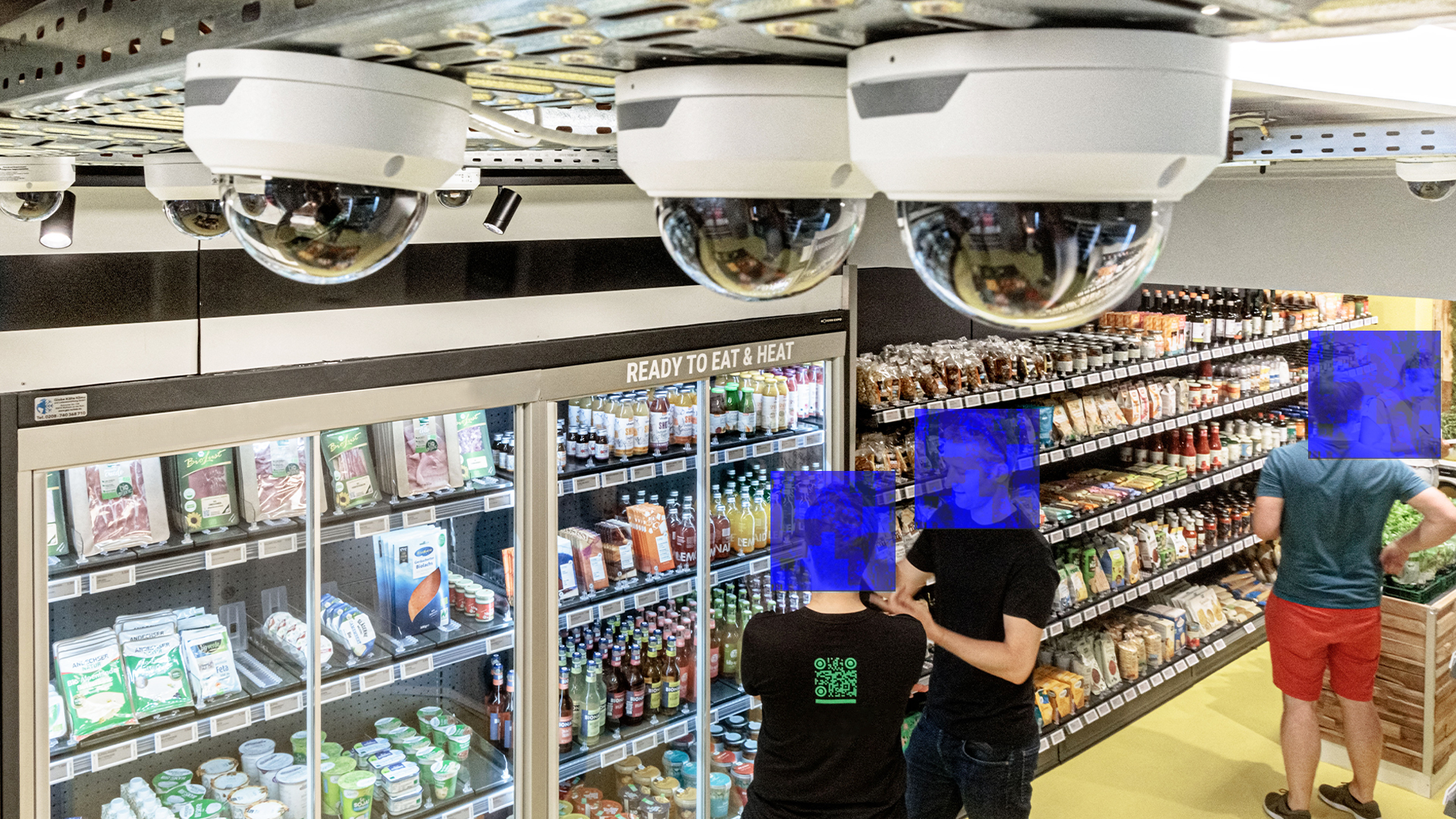cross-posted from: https://community.hackliberty.org/post/20269
At a supermarket in the British seaside city of Portsmouth, on a road lined with cafes, Indian takeouts and novelty shops, customers race down aisles grabbing last-minute items before Christmas Day. Attached to the ceiling above the gray shiny floor, watching as people enter the store, is a camera. The device scans faces, matching them against a database of suspicious, potentially criminal shoppers who have been placed on a watchlist.
This store on Copnor Road is part of the Southern Co-op chain, which has become embroiled in a battle with privacy rights campaigners over its use of real-time facial recognition technology. In July, civil liberties group Big Brother Watch filed a complaint to the U.K.’s Information Commissioner’s Office against Southern Co-op and Facewatch — the company providing the surveillance system.
Joshua Shadbolt, a duty manager at the Copnor Road supermarket, told me that high levels of theft have forced him and his colleagues to hide, for instance, all the cleaning products behind the till. Without the technology, he fears customers would be given free range to steal. Since Covid restrictions were lifted in the U.K. in early 2021 following a third national lockdown, shoplifting has been on the rise. This is likely to have been compounded by a cost-of-living crisis. Still, even if theft has not reached pre-pandemic levels, for Shadbolt, the biometric camera has been an effective and necessary tool in tackling crime.


